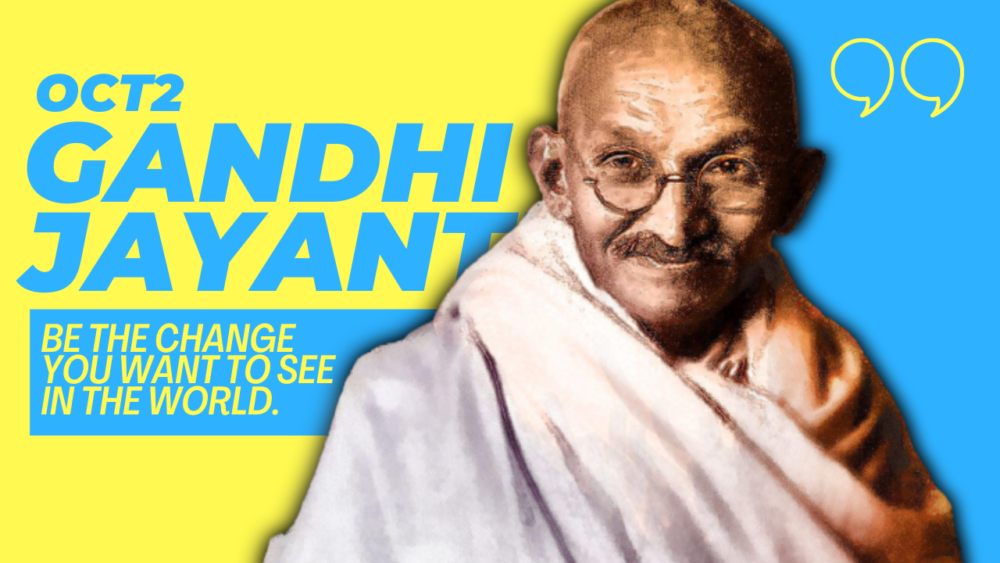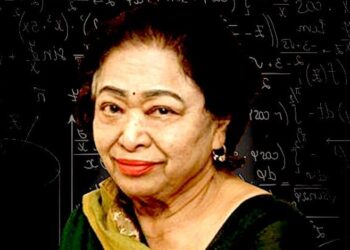In 1971, Lt Colonel Quazi Sajjad Ali Zahir (Retd) was a young officer in Pakistan’s elite para-brigade stationed in Sialkot. It was there that he became aware of the plot to commit genocide in erstwhile East Pakistan, now Bangladesh, by the Pakistani army. Learning of the ongoing atrocities against his people in East Pakistan, he decided to cross over from Pakistan to India and do his part in supporting the people of Bangladesh.
So, with Rs. 20 in his pocket and important documents and maps stuck into his boots, he crossed over to the Indian side at the border at Jammu in March 1971. While crossing the border, he was fired upon by Pakistani troops. In response to this, the Indian side also started firing. Caught in the crossfire, Lt Colonel Quazi jumped into a gorge and waited for the firefight to stop. Once the firing stopped, he surrendered himself to the Indian troops at the border.
The Indians, however, thinking that he was a Pakistani spy trying to get into India, roughed him up and bombarded him with questions. Eventually, he was taken to the Pathankot military base, wherein in the presence of senior military officers he revealed his real purpose of coming to India and showed the documents he had brought with him.

Possessing a photographic memory, he carried even more sensitive information in his head, that he revealed to the Indian Armed Forces.
The information provided by Lt Colonel Quazi not only informed the Indian side of the upcoming genocide but also gave detailed accounts of the deployment of Pakistani troops in East Bengal. Using this information, it became easy for India to target Pakistani forces and remain a step ahead of the Pakistanis, which led to an Indian victory and the creation of Bangladesh.
Lt Colonel Quazi was, however, not satisfied with just providing information. After a few months in a safe house in New Delhi, where he met many senior-most Military officers, he moved to East Pakistan in September of the same year. There, based at a camp adjacent to the Tripura/Assam border, he trained 850 Mukti Bahini in guerilla warfare. For his contribution to the Bangladesh Freedom movement, Bangladesh has conferred upon him their Bir Protik, equivalent to India’s Vir Chakra, and their highest civil honour, the Swadhinata Padak.
This year, at a time when India and Bangladesh are celebrating 50 years of the Bangladesh Liberation War, he was honoured with one of India’s highest civilian awards, the Padma Shri for his contributions towards the Indian victory in the war and his role in the Mukti Bahini.
A second-generation military officer, his father was an officer in the British Army and was part of Burma (Myanmar) action in the Second World War. His teenage brother was part of that Mukti Bahini. Himself a master of map reading and night navigation, Lt Col Sajjad later served the Bangladesh Army as a highly decorated officer. He also worked to inform the next generations about what happened during the Bangladesh Liberation war. To that end, he has focused on educating children, mainly through graphic novels that depict the events of the war.

Praising the Indian army during his stay in India in 1971 he said, “They never told me I was under custody. I was given good food, they treated me well but requested me not to leave that house in Safdarjung Enclave. Very senior officers came and talked to me during the day and night.” Speaking of the Pakistani army that committed numerous atrocities in the 1971 war, he said, “When soldiers fight, they fight for justice; Pakistanis were fighting for an unjust cause. The army that is involved in rape, murder, looting, and genocide has no morale to fight; that is the reason why they surrendered.”
There is a death sentence on his name in Pakistan, these last 50 years. However, Lt Col Quazi, who incidentally turns 71 this year, seems to wear the sentence as a badge of honour.
Also Read: Falguni Nayar: The Richest Self made Indian Woman















